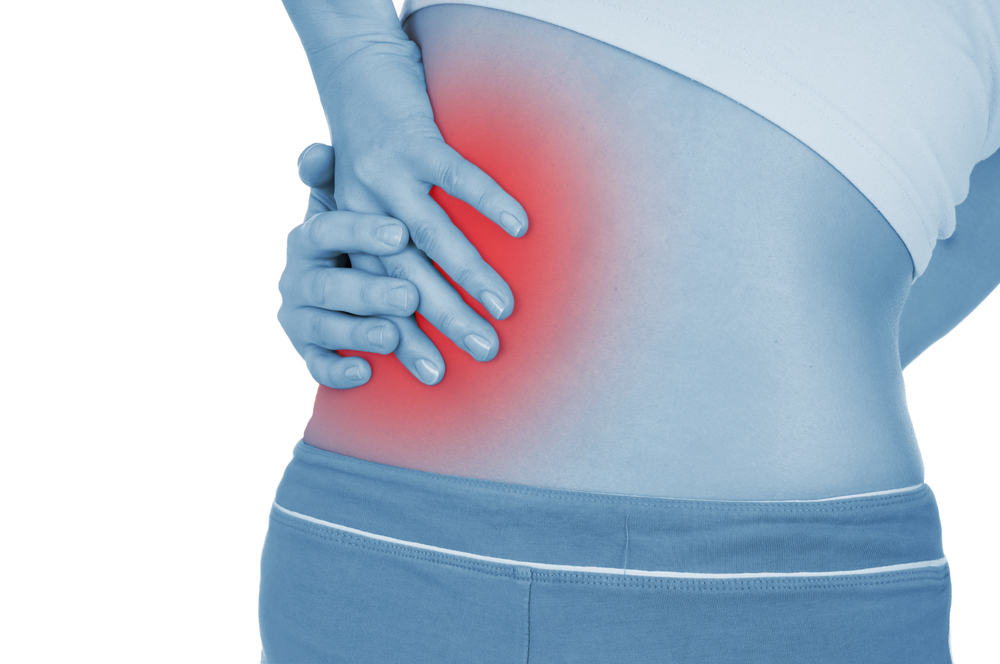Contents:
- Medical Video: Symptoms of Kidney Disease
- What are the symptoms of kidney stones to watch out for?
- 1. Pain in several parts of the body
- 2. Nausea and vomiting
- 3. Blood in urine
- 4. The urine is cloudy
Medical Video: Symptoms of Kidney Disease
In Indonesia, the number of people with kidney stones reaches 0.5% of the population. This disease is more experienced by men than women. According to research, this is related to urinary tract obstruction in men. This disease is very dangerous because chronic kidney stones can cause kidney failure. Before it's too late, it's good to know the following symptoms of kidney stones.
What are the symptoms of kidney stones to watch out for?
Kidney stone or nephrolithiasis is a condition when hard stone-like material is formed in the kidney. The material comes from the remaining waste substances in the blood which are filtered by the kidneys which then settles and crystallizes over time.
Symptoms of kidney stones will not be felt if the size of the stone is relatively small and can come out of the urinary tract together with the flow of urine smoothly. New symptoms can be felt when the stone is held in the kidney, the stones are too large to pass through the ureter, or kidney stones cause infection.
A ureter is a channel that connects the kidney to the bladder. The shape of this organ resembles a tube with a sensitive tissue structure. When a large kidney stone passes through the ureter, the stone will rub against the ureter's wall causing irritation and risking injury.
Before it's too late, it's a good idea to recognize the symptoms of kidney stones to get the right treatment and treatment so they don't become chronic kidney stones and cause kidney failure. What are the symptoms of kidney stones? Here's the review.
1. Pain in several parts of the body
Pain due to kidney stones can be mild to severe, larger kidney stones are more likely to cause pain when they descend into the ureter and out of the body through urine.
The body parts that feel the most common pain associated with kidney stones are the lower back (on both sides), the lower abdomen and groin area, and below the rib cage. The pain may come bumpy. You also may often experience pain when urinating.
2. Nausea and vomiting
The pain caused by kidney stones may be so severe that you may also experience nausea and vomiting. When kidney stones move into the ureter and block the flow of urine, this causes the pain described to be worse than giving birth. Severe pain, nausea and vomiting should be treated with strong pain medications, antiemetics, and intravenous fluids.
3. Blood in urine
Blood in the urine or often referred to as hematuria is the most common symptom of kidney stones. The appearance of blood comes from wounds caused by kidney stones when passing through the urethra or ureter. Kidney stones cause sores and irritate the ureter and usually blood will go along when urinating.
Your urine may look pink or reddish depending on the severity of the bleeding. Blood in urine is a serious symptom of kidney stone disease.
4. The urine is cloudy
The color of urine in normal people who do not have certain medical conditions is clear or yellow, but in people with kidney stones the color of urine can be cloudy or very smelly. This can be a sign of infection associated with kidney stones. If the color of your urine changes and is accompanied by symptoms of other kidney stones. It's good, immediately consult this matter to the doctor to get the right treatment and treatment.












